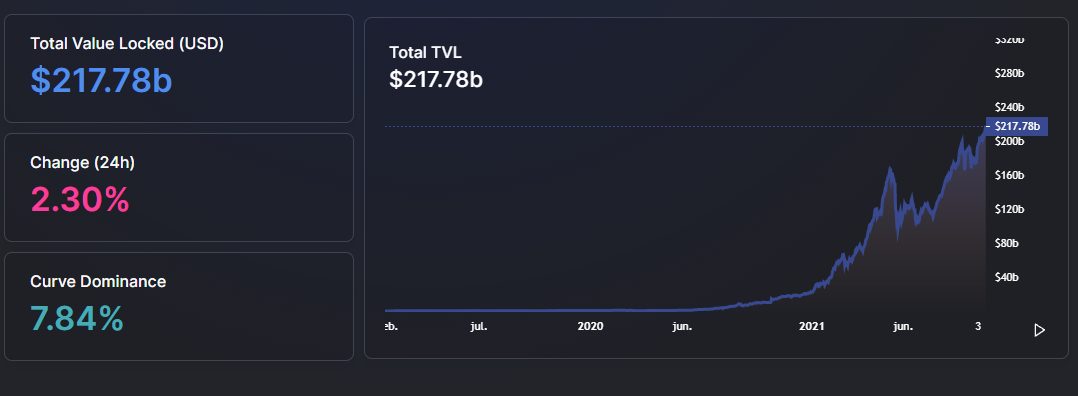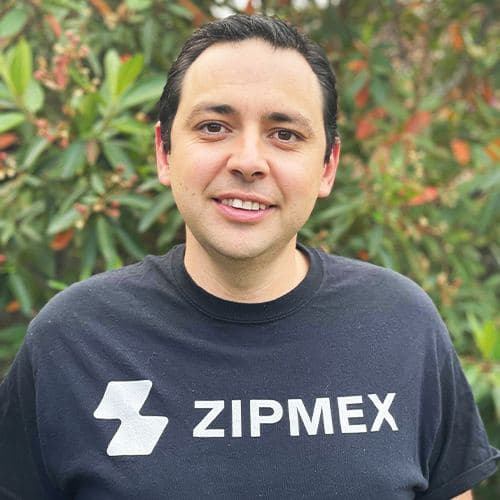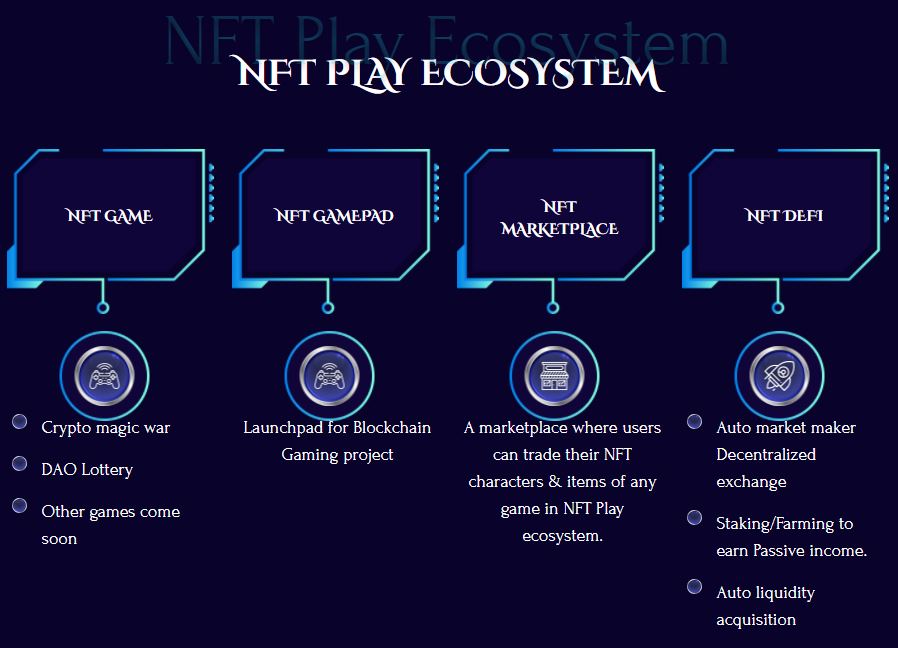Facebook recently announced that over the next five years it plans to hire 10,000 new employees in specialised fields to start building its metaverse. However, many are calling on the multinational tech company to instead shift its efforts toward creating a safer, more trusted and responsible social network.
According to an official blog post on October 17, Facebook is full steam ahead for its metaverse project. To make this dream a reality, the company will need many more staff with specialised skills. To this end, it will be offering 10,000 new jobs across Europe alone.
Over the next five years, Facebook is looking to find new recruits for roles varying from software engineering to product design, and associated business functions. Many jobs are expected to be remote, which should appeal to a wide variety of EU residents.
Facebook’s global business group vice-president, Nicola Mendelsohn, stated in an interview that “these 10,000 highly skilled jobs are really, for us, going to put Europeans at the heart of our plans for the company’s future”.
Facebook’s Metaverse Will Be ‘Open and Interoperable’
According to Mendelsohn, no single company will own the metaverse. “It’s going to be like the internet – the key feature(s) will be openness and interoperability,” she said. The sentiment stands in stark contrast to the reputation Facebook has garnered, for years, as a not very transparent centralised entity.
Founder Mark Zuckerberg has described the metaverse as an “embodied internet” which will unlock access to “new creative, social, and economic opportunities” for all those who participate. With the aim being that “Europeans will be shaping it right from the start”.
A metaverse is an online world where people can game, work and communicate in a virtual environment, often using VR and AR technologies. In an interview with the BBC, Verity McIntosh, a VR expert at the University of the West of England, stated that:
Part of the reason Facebook is so heavily invested in VR/AR is that the granularity of data available when users interact on these platforms is an order of magnitude higher than on screen-based media […] it’s not just about where I click and what I choose to share, it’s about where I choose to go, how I stand, what I look at for longest, the subtle ways that I physically move my body and react to certain stimuli. It’s a direct route to my subconscious, and that is gold to a data capitalist.
Verity McIntosh, VR expert, University of the West of England
Doubts have previously been voiced about Facebook’s US$50 million investment to build a ‘Responsible Metaverse’, as reported by Crypto News Australia last month.
Some Say Facebook Should Focus Its Attention on More Pressing Matters
Cybersecurity expert Jake Moore told the Daily Mail that there is no doubt the metaverse will make serious amounts of money, but that the current Facebook platform “clearly needs attention” as to how well the platform deals with online abuse and the way misinformation is currently spread.
Facebook has made building the metaverse one of its big priorities. However, many people feel that they should be focusing their efforts elsewhere. As Ben Sizer, a software engineer from Nottingham, UK, tweeted: “Facebook is a company that has roughly 15,000 moderators who are mostly underpaid outsourcers.”
The metaverse announcement comes as the company deals with the fallout of a damaging scandal, major outages of its services, and calls for regulation to curb its pervasive influence. Facebook also faced a barrage of criticism after former employee Frances Haugen leaked internal studies showing that it knew its sites could be harmful to the mental health of teenagers.
Last month, The Washington Post suggested that Facebook’s interest in the metaverse is “part of a broader push to rehabilitate the company’s reputation with policymakers and reposition [the social media giant] to shape the regulation of next-wave internet technologies”.
In April, Ireland’s Data Protection Commission launched an investigation into Facebook over a data leak of hundreds of millions of its users’ personal information. At the moment, Facebook is facing the prospect of defending itself in court, on the one hand, while trying to gain political allies through economic initiatives such as this new jobs pledge, on the other.


















